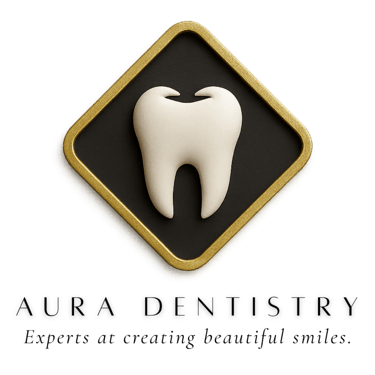Will Invisalign work for me!


One of the most common questions I get from my patients is: "Will Invisalign work for me?"
Deciding on Invisalign can be tough—it’s a big investment in your health, time, and money. Plus, the internet is often a maze of conflicting advice, making it even harder to feel confident in your choice.
I get it—change can be intimidating, especially when traditional methods like braces feel familiar. What to Know more about the difference between Invisalign & Braces Read this
It’s natural to hesitate when factors like cost, effectiveness, and results are on your mind.
That’s exactly why I’ve written this blog! Drawing from my clinical experience and backed by solid scientific evidence, I’ll give you the real truth about Invisalign—what it can and can’t do. Packed with pro tips, this guide offers a complete 360-degree view to help you make an informed decision with confidence.
Let’s dive in!
The Truth About Aligners (Invisalign is a Brand of Aligners) : What You Need to Know
When considering Invisalign, it’s crucial to move past vague explanations and truly understand the treatment. Here's a breakdown of important insights and what you should look for as a patient:
Common Misconceptions About Aligners
"It’s only for mild to moderate cases"
This is a general statement, but it’s important to know that the terms mild and moderate mean different things for braces and aligners.
For instance:
Easier with braces: Movements like extrusion (moving a tooth up or down) are considered more predictable with braces.
Easier with aligners: Movements like distalization (pushing teeth backward) are simpler with aligners than braces.
The idea of "mild to moderate" depends entirely on the type of movement required.
"Aligners can’t fix severe cases"
Not necessarily as Aligners can address severe cases, but they may require:
Auxiliaries: Additional tools like elastics or mini-implants to enhance treatment.
Over Corrections: Planned adjustments to account for aligner limitations.
Some cases, however, are better suited to traditional braces due to jaw or tooth complexity.
Key factors for Patients Considering Invisalign
To ensure you get the best results, keep these points in mind:
Choose the Right Provider
Visit an Orthodontist, not just a general dentist, for aligner treatment.
If choosing Invisalign, ensure the orthodontist is a Certified Invisalign provider (this requires special certification).
Quick Tip
When Calling the Clinic ask who is the Orthodontist and do a research on the Orthodontist,
Fix the Appointment straight with the Orthodontist )
Check Whether the Clinic comes under Invisalign® Doctor Search Results
Understand the Aligner Brand
For Invisalign: It's the gold standard in aligners.
For other brands:
Ask the orthodontist which aligner they are using.
Research the brand and request to see similar cases they’ve treated with it.
Request a Detailed Diagnosis and Treatment Plan
Understand the severity of your problem from an aligner’s perspective.
Ask if any of the following will be part of your treatment:
Attachments: Small tooth-colored shapes attached to your teeth to help aligners work effectively.
Proximal Stripping: Shaving teeth slightly to create space. Ensure this stays within recommended levels (typically 0.25mm per tooth).
Auxiliaries: Additional tools to help aligners perform better.
Check Treatment Simulations
Ask for a digital simulation of how your teeth will look after treatment.
Keep in mind that these are predictions; ask how the orthodontist plans to overcome any discrepancies.
Refinement Aligners
These are additional aligners used to fine-tune your results.
Ask if there’s an extra cost for refinements and how many are included in your plan.
Review Similar Cases
Read the Orthodontist Google Reviews and understand their effectiveness
Check the orthodontist’s social media or Other portfolio for similar cases they’ve treated with aligners.
Timeline and Costs
Discuss:
Treatment timeline.
Number of aligners required.
Aligner validity (Most brands have expiration dates).
Final Thoughts
Invisalign is not just a product—it’s a treatment that requires expertise. Mismanagement can lead to wasted money and potential complications.
Find a skilled orthodontist who understands aligner mechanics.
If you choose Invisalign, ensure your provider has a track record of success with similar cases.
At Aura Dentistry, we prioritize proper planning, expert guidance, and patient education to deliver the best results with Invisalign. Ready to take the next step? Let’s align your smile the right way! Book your Consultation
by Dr. Bharath Ramesh




